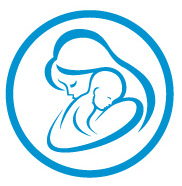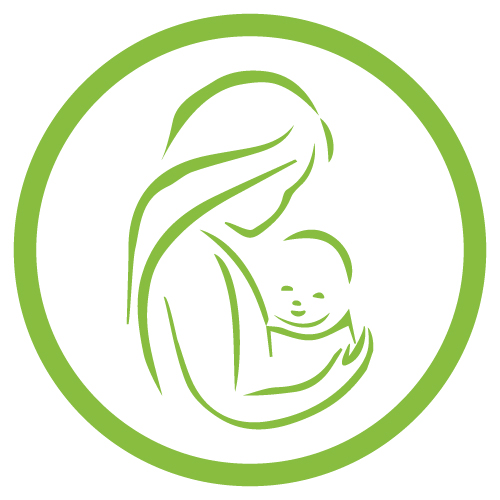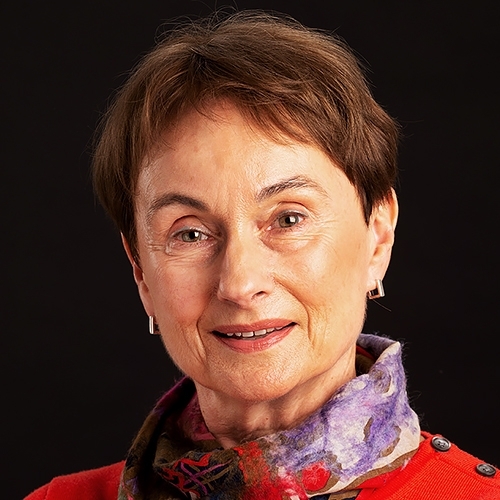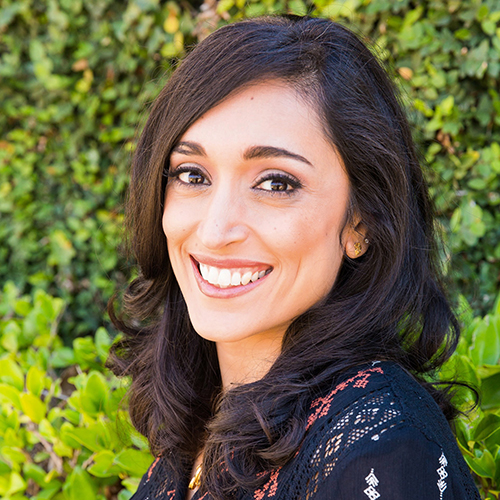 IBCLC Detailed Content Outline: Psychology, Sociology, and Anthropology Focused CERPs - Section V
IBCLC Detailed Content Outline: Psychology, Sociology, and Anthropology Focused CERPs - Section V
Access CERPs on Psychology, Sociology, and Anthropology for the IBCLC Detailed Content Outline recertification requirements. Enjoy convenient on-demand viewing of the latest Psychology, Sociology, and Anthropology focused IBCLC CERPs at your own pace.


Melissa Bartick, MD, MSc, FABM works as a hospitalist at Mt. Auburn Hospital in Cambridge MA, is an internist and is an Assistant Professor in Medicine at Harvard Medical School. She has numerous breastfeeding publications in peer-reviewed journals. She served as the chair of the Massachusetts Breastfeeding Coalition from 2002 to 2014, where she was also a founder of Ban the Bags. She served on the Board of Directors of the United States Breastfeeding Committee from 2009-2015. She has served on the Board of the Academy of Breastfeeding Medicine since 2019, where she has coauthored clinical protocols, including the 2020 Bedsharing and Breastfeeding protocol. She was founder of the Breastfeeding Forum of the American Public Health Association, where she served two terms as chair. She is founder and co-chair of her state’s Baby-Friendly Hospital Collaborative. She has blog contributions to the Huffington Post, the WBUR CommonHealth Blog, among others. Dr. Bartick received her BA from the University of Virginia and holds an MSc in Health and Medical Sciences from University of California, Berkeley and an MD from University of California, San Francisco. She works as a hospitalist at Mount Auburn Hospital and is the mother of two grown sons. As of June 2020, she is pursuing an MPH at Harvard School of Public Health.
Topic: Missing the Evolutionary Boat: How Viewing Infant Sleep Out of Context Fails Parents and Children - [View Abstract]
Bedsharing promotes breastfeeding, but many authorities recommend against bedsharing for all mothers, citing safety concerns, particularly risk of sudden infant death syndrome or suffocation risks. Here we will review the normal physiology of mother-infant sleep, and the historical context in which such recommendations evolved. In addition, many populations have high rates of bedsharing with low rates of death. In this context, we will review the evidence around bedsharing and the most current evidence-based recommendations. Some risk factors for SIDS are more powerful than others, and we will review the best ways to minimize such risks, including a social-determinants of health approach. In some circumstances, bedsharing may carry particular risks and it is important to be able to discuss these issues with parents without stigma. We will discuss counseling of all parents in the “risk-minimization” approach, which would also allow for promotion of breastfeeding.

Best Practices in Prenatal and Perinatal Psychology and Somatic Health for Optimal Birth Outcomes

Kate White is and award-winning craniosacral and massage therapist, prenatal and early childhood educator. She is trained in somatic therapies, prenatal and perinatal health, lactation, brain development, infant mental health, and has specialized in mother-baby dyad care using somatic prevention and trauma healing approaches for nearly 20 years. She is a mother of two children, holds a BA and MA in Communication, is a Registered Craniosacral Therapist in the Biodynamic Craniosacral method and a Somatic Experiencing® Practitioner. Her work combines somatic therapy with brain development to help give families with babies and small children the best possible start. She is Founding Director of Education for the Association for Prenatal and Perinatal Psychology and Health from 2013 – 2018 where she managed a large online educational program for professionals. She currently co-directs this program, administering an online program for parents and parent professionals, runs a private practice and offers her own seminars through the Center for Prenatal and Perinatal Programs, ppncenter.com.
Topic: Best Practices in Prenatal and Perinatal Psychology and Somatic Health for Optimal Birth Outcomes - [View Abstract]
Topic: Integration of the Science of Safety and Resilience into Perinatal Care: A 5 Step Process - [View Abstract]
Topic: The Science of Safety and Trauma Specific Recognition to Improve Birth Outcomes: What Does It Mean for the Midwife? - [View Abstract]
Topic: “It Was Right but so Wrong:” Helping Families Make Sense of Difficult Births with Trauma Sensitive and Prenatal and Perinatal Healing Approaches - [View Abstract]
Have you ever wondered about the baby’s experience of pregnancy, birth and postpartum and whether it affects birth outcomes? We now know that the mother’s experience can influence the baby in many ways. In addition, prenatal development and birth depend upon a sequence that becomes a pattern in the body. Somatic or body therapies to support healing from birth trauma are becoming more prevalent. Come hear about prenatal and perinatal psychology and health, or the exploration of a baby’s experience of conception, pregnancy and birth and how it has lifelong implications. This talk will outline several best practices for clinicians in perinatal settings of all kinds based on this perspective with a focus on education and somatic tools to ensure high prevalence of application. Current research, education and training programs will be cited, and case studies provided as time allows.
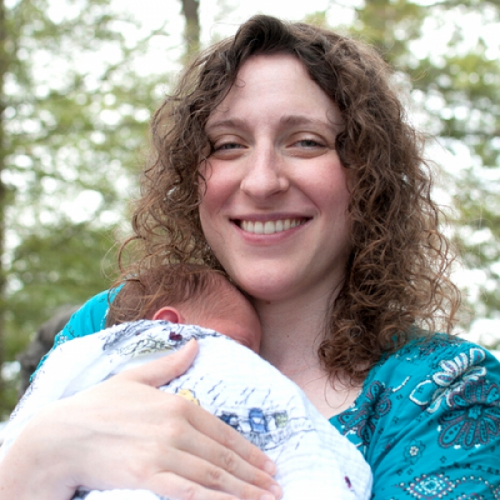
Beyond the Birth Plan: Trauma-Informed Childbirth Preparation for Survivors

Dr Justine Leach is an advocate for trauma-informed care in the perinatal period and co-founder of Resilient Birth, a company which trains healthcare providers and other perinatal professionals in supporting survivors giving birth. She also helps expectant parents with histories of trauma prepare for childbirth through trauma-informed childbirth education classes and birth support planning. Dr Leach became a B.A.C.E. certified childbirth educator and advocate after the birth of her two children revealed the impact of trauma experiences on childbirth. She has a Ph.D. on representations of sexual consent in narratives of rape and sexual trauma, and facilitates the Trauma-Informed Perinatal Professionals facebook group. Justine speaks about the experience of giving birth as a survivor of rape and the important role healthcare providers and perinatal professionals play in a birth giver’s experience of trauma or healing.
Survivors of trauma are at an increased risk not only of experiencing post-traumatic stress symptoms during their pregnancy, but also birth trauma and postpartum PTSD. Yet too often survivors’ needs are ignored and traditional childbirth preparation is neither trauma-informed nor supportive of survivors’ emotional experiences. This presentation envisions what childbirth preparation looks like from a trauma-informed perspective. It will explore how to create safety in our relationships with birth givers, how to help survivors feel their power, and how to hold space for their emotional journey to parenthood. I discuss the impact of previous trauma on birth givers in pregnancy and birth, and explore what can be done prenatally to prevent birth trauma. Participants will gain practical skills for supporting survivors’ emotional wellbeing and for helping them to plan for a safe birth experience. This involves rethinking the birth plan. Instead of merely articulating a birth givers’ preferences for or against interventions, a birth plan should be rethought as a Birth Support Plan: that is, it should communicate what a birth giver needs to feel safe, understood, and in control of the decisions they make around their care whether their birth goes to plan or not.
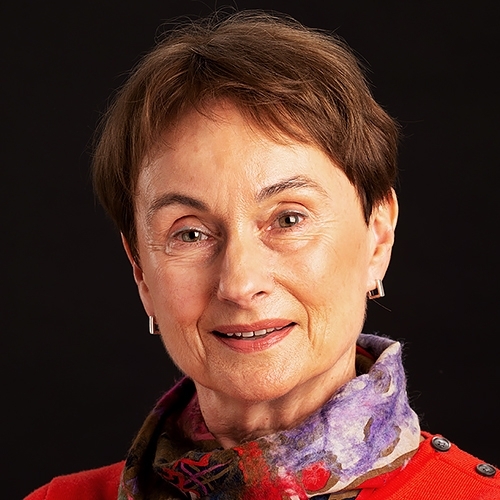

Jo Gilpin is a Registered Nurse, Midwife and has worked for many years as a Child Health Nurse with the Child and Family Health Service in South Australia (CaFHS). During this time she completed a Graduate Diploma in Health Counselling. She also studied Infant Mental Health at the University of South Australia. She became an IBCLC in 1996.
Her passion throughout has been educating, encouraging and supporting parents to have successful, enjoyable, breastfeeding relationships with their babies. This has been the main focus of her work.
She has worked privately as a Lactation Consultant since 2005. She has published two books, both on breastfeeding. Her most recent is 'Brilliant Breastfeeding: A Sensible Guide'. This was published in October 2018. This book aims to sensitively guide parents and future parents towards fulfilling breastfeeding relationships with up-to-date, evidence-based information. Attention is paid to the many challenges that parents face.
Jo loves what she does and never considers it 'work'. She lives with her husband on Kangaroo Island, which is just off the southern coast of South Australia. Her children and five grandchildren live in Sydney and Brisbane.
A baby’s birth can have a significant impact on breastfeeding outcomes. Medical intervention in normal birthing situations is rife, and globally cesarean rates have soared since 2000. Along with this, breastfeeding rates are less than ideal. A mother who feels a sense of grief about the birth of her baby is consequently more likely to face breastfeeding challenges. IBCLC’s, midwives and medical officers will often begin a breastfeeding consultation by listening to a mother’s unhappy perception of her baby’s birth. This aspect needs to be sensitively supported.
It is high time we take stock and pay more attention to what world health authorities are recommending to improve birthing and thus breastfeeding outcomes. These outcomes can affect a mother’s feelings of empowerment, her physical and mental health. Baby’s health and general development are statistically better when breastfed. There are significant financial savings made by reducing costs in various countries health systems when mothers breastfeed successfully.
There are definite changes we can make, following recommended guidelines and recent research. We can do this individually in our work and also in our affiliations with professional bodies by supporting and encouraging government policymakers and advocacy groups.
These are our future challenges.

View Details / Enroll
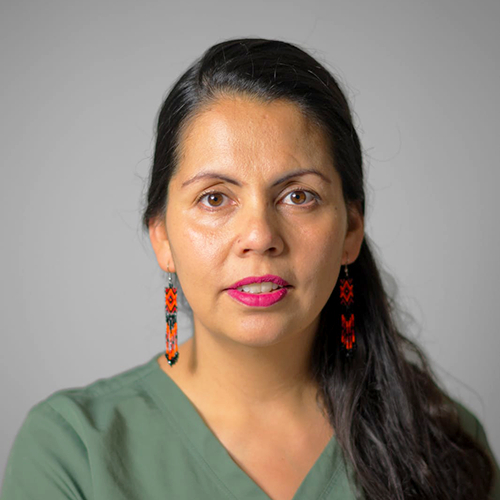
Birth at the Border: A Case Study of Refugees and Migrants at the Tijuana-San Diego Border

CNM Ximena Rojas Garcia is a Midwife and licensed Obstetric Nurse from the National Autonomous University of Mexico, she comes from a line of traditional midwives. Ximena has 15 years of experience in her field and as a Midwifery Professor, she has certifications in Obstetrical Emergencies, Neonatal Resuscitation, Water birthing and Acupuncture. Ximena founded "Partería y Medicinas Ancestrales," the only Mexican Midwifery NGO that includes Midwives from all paths and programs, which was instrumental in providing maternal health access during the humanitarian crisis after the arrival of thousands of asylum seekers from Haiti, Congo and Central America to the US-Mexico border.
Ximena has been collaborating with Stanford University's Obstetricians, Gynecologists and Pediatricians to train Midwives and Health providers at the US San Diego-Tijuana border to improve birth outcomes. She organizes direct relief to support trauma recovery responding to crises and disasters as a member of Acupuncturists Without Borders. Ximena also created a Doula training program, responsible for training more than 300 Doulas in Mexico, Colombia and Guatemala, aimed at eradicating obstetric violence, lowering the frequency of unnecessary c-sections, and decreasing maternal and newborn mortality.
Ximena is one of the founders and co-directors of Refugee Health Alliance and currently practices clinically at Justicia en Salud RHA Sexual & reproductive health free clinic. She established the first free birth center in Baja California, Mexico that serves vulnerable populations including displaced migrants, asylum seekers, deportees, sexual assault survivors, black, brown and indigenous families who historically had faced forced sterilizations, higher maternal death and newborn death. Her philosophy of birth is: Birth is a unique experience like a ceremony that heals trauma and the next generations when we hold space for it to happen.
Over the past years, Tijuana, Mexico, has seen an influx of U.S.-bound refugees and migrants, many of whom have escaped incredibly difficult situations in their country of origin. With no or little access to healthcare, pregnant women and girls are often most vulnerable.
Parteras Fronterizas / Borderland Midwives caters to the unique needs of this underserved patient population by utilizing a holistic approach that combines midwifery, traditional and Western medical practices.
This presentation explores the unique challenges pregnant migrants and refugees face at the US/Mexico border.
It highlights the importance of the midwifery model of care and dives into how midwives and healthcare providers can provide compassionate, trauma informed and comprehensive care despite difficult and limiting circumstances. The presentation will also discuss global health and midwifery skills that can help dismantle health disparities.
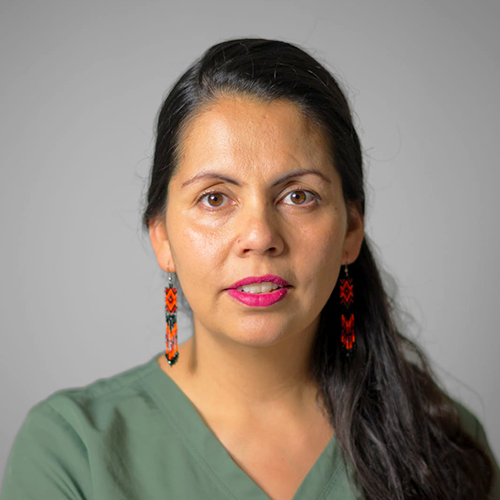
View Details / Enroll
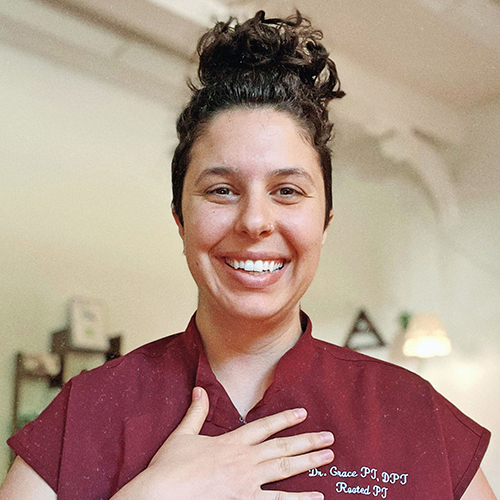

Grace Abruzzo PT, DPT, CAPP-OB, CD(DONA), PYT-C, (she/they) is a licensed physical therapist and trauma healer specializing in pelvic health. A certified specialist in obstetric and pelvic physical therapy, Dr. Grace uses an integrative approach to treating people in preparation and recovery from childbirth, conception, menstruation and menopause. Dr. Grace also spends time in birthing spaces, supporting mamas during labor and birth.
Dr. Grace utilizes an integrative approach to wellness, which includes interventions like education; manual therapeutic techniques, including visceral, myofascial, and internal pelvic mobilizations; yoga therapy; meditation practice; Compassionate Inquiry TM, and Somatic Experiencing TM.
Having a strong understanding of pelvic and vulvovaginal anatomy and physiology is crucial to help prepare the birthing body for childbirth. Whether preparing for homebirth, birthing center, or hospital setting, prevention of injury of the birthing person supports a healing and positive birthing and post-partum experience. Deepen your knowledge of the fascia, pelvic joints, muscles and nerves in the pelvis and learn what the latest research tells us about positioning for labour and birth, spontaneous pushing and perineal preparation and common myths.
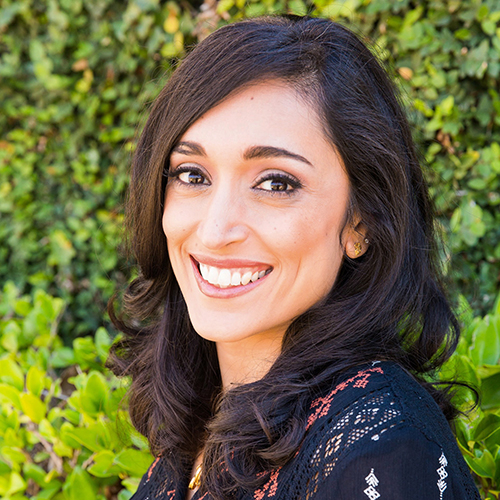

Parijat Deshpande is the leading integrative high-risk pregnancy specialist, somatic stress & trauma professional and speaker and author who guides women to improve their pregnancy complications so they can reduce their risk of preterm birth. Her unique neurobiological approach has served hundreds of women to manage pregnancy complications and reclaim a safety and trust in their bodies that they thought was eroded forever. Parijat is the author of bestselling book Pregnancy Brain: A Mind-Body Approach to Stress Management During a High-Risk Pregnancy. She is also the host of the popular podcast Delivering Miracles®️, that discusses the real, raw side of family-building including infertility, loss, high-risk pregnancy, bed rest, prematurity and healing once baby comes home. Parijat professional training is in clinical psychology and she is a Certified Trauma Professional and Certified Clinical Trauma Specialist for individuals.
Birth trauma is a preventable complication of pregnancy and providers play a critical role in this prevention. Preventing birth trauma not only supports a positive birth experience for the birthing person, but sets the foundation for optimal post-pregnancy health. This is because birth trauma is a catalyst for various long-term health issues for the birthing person including attachment difficulties, chronic pain, chronic illness, autoimmune diseases, postpartum mood and anxiety disorders, as well as an increased risk of pregnancy complications in future pregnancies. Through the study of somatic and somatosensory modalities, as well as years of client work in the high-risk pregnancy population, I have seen clients at risk for pregnancy complications and preterm birth defy medical odds and protect themselves from a traumatic birth in their pregnancies after loss or preterm birth. This presentation will cover the three most important roles of a provider in the facilitation of birth trauma prevention.

View Details / Enroll

Breaking the Silos: Understanding the Connections Between Labor Interventions and Lactation

Janiya Mitnaul Williams, MA, IBCLC, RLC, CLC is an International Board Certified Lactation Consultant, Registered Lactation Consultant, and Certified Lactation Counselor who has been supporting nursing families since 2007. She holds degrees from North Carolina Agricultural and Technical State University and Union Institute and University in Speech-Language Pathology and Audiology and Health & Wellness with a concentration in Human Lactation respectively.
Janiya is the Program Director of the Pathway 2 Human Lactation Training Program at N.C. A&T SU (NCAT P2P). She also works for the Women’s and Children’s Center at Cone Health as the Co-Coordinator for Doula Services. In 2015 she created Mahogany Milk Support Group in order to promote, encourage, and normalize nursing for Black and Brown families. That same year, Janiya also became the first person of color and Non-Registered Nurse to be hired as a Lactation Consultant for Cone Health’s hospital system.
She is most passionate about creating diversity, equity, and inclusion within the field of Lactation in order to promote better health outcomes for Black and Brown, marginalized, and underprivileged families because they have the greatest lactation barriers to overcome.
Birth and breastfeeding/chestfeeding are intimately woven together although many separate the two. One's labor and birth process however, have a direct impact on how their nursing journey begins. Naturally, most infants can independently progress through the fetal to neonatal transition and produce a baby-led latch within the first hours of life. However, the process of birth is often unpredictable and many birthing families are regularly faced with common or unexpected labor interventions that can adversely affect milk supply and the initiation and receptivity of breastfeeding/chestfeeding for the infant. Some of the most common interventions include: IV fluids, induction of labor, epidurals, and continuous electronic fetal monitoring. These maternity care practices come with unintended consequences that directly impact lactation. Furthermore, studies indicate that many of these interventions are done more for convenience as opposed to medical reasoning. In order to promote, protect and support breastfeeding/chestfeeding for birthing families, providers and other members of the healthcare team should be encouraged to work in tandem; using effective communication and facilitating open dialogue. By including families in every aspect of their birth and postpartum period, self-efficacy and confidence is increased and trust is developed, setting the foundation for increased initiation and duration of human milk feeding.
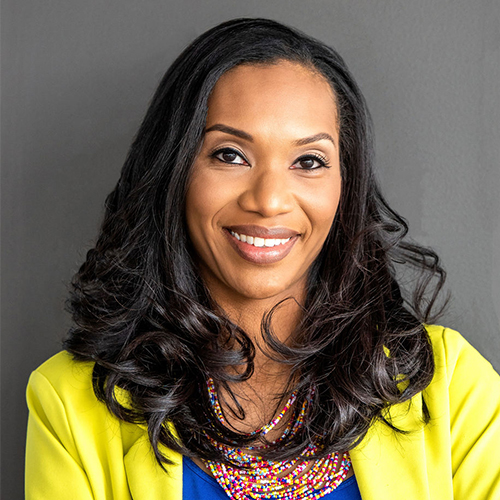
View Details / Enroll
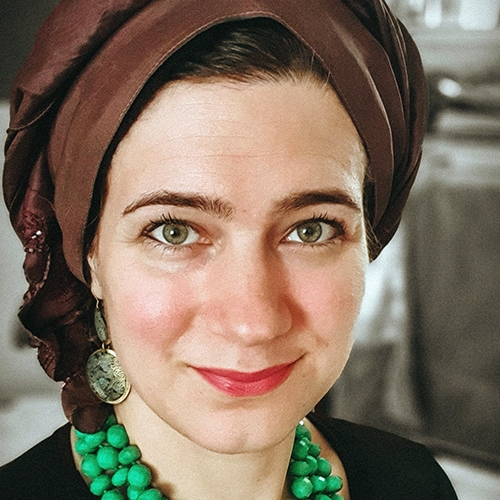
Breastfeeding / Nursing Aversion and Agitation (BAA) in breastfeeding mothers

Zainab Yate is a Biomedical Ethicist, with a specialist interest in infant feeding. Zainab is Vice Chair and named qualitative lead on a paediatric flagged Research Ethics Committee Panel for the Health Research Authority (HRA) in the UK, reviewing research protocols for over a decade. Zainab's previous working background is in Public Health and Commissioning the National Health Service (NHS) in the UK. She had also been a volunteer breastfeeding peer supporter with the NHS for a number of years, is the owner-author of the resource site for mothers and healthcare practitioners on Breastfeeding / Nursing Aversion and Agitation and author of "When Breastfeeding Sucks".
Topic: Breastfeeding / Nursing Aversion and Agitation (BAA) in breastfeeding mothers - [View Abstract]
Topic: Research Ethics & Infant Feeding: How to Utilise the Four 'D's of a Brief Assessment - [View Abstract]
Aversion to breastfeeding or agitation while breastfeeding is known to occur in some women who breastfeed while pregnant, or who tandem feed a newborn and a toddler. However, it is a little researched area, and the paucity of published literature around breastfeeding aversion and agitation reveals a significant gap in the literature. My presentation presents the findings of an exploratory online survey that sheds light on what appears to be a commonly experienced phenomenon of aversion and agitation whilst breastfeeding, which varies in form, severity and duration. BAA is characterised by feelings of anger or rage, a skin crawling sensation and an urge to remove the suckling infant, but can also be feelings of agitation and irritability whilst the infant is latched. Mothers who experience BAA still continue to breastfeed, but have feelings of guilt and shame about BAA and are often confused about having feelings of BAA. Research is needed to understand the reasons for BAA, its causes, triggers and strategies to minimize the experience in breastfeeding mothers.

View Details / Enroll
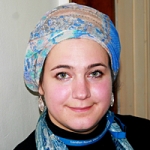
View Details / Enroll
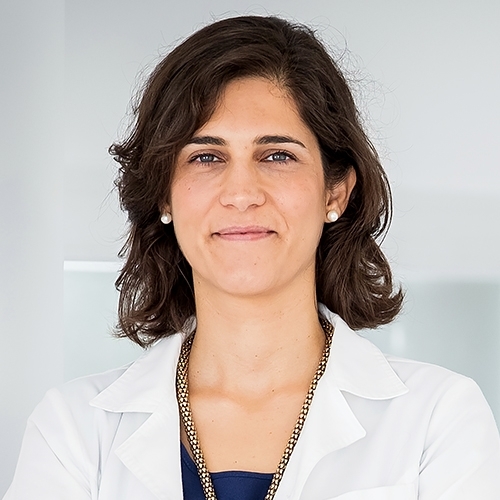

Dr. Joana Torres received her medical degree from the University of Coimbra, Portugal, and completed her fellowship in Gastroenterology at the Hospital Center of Coimbra, Portugal. She spent 3 years at Icahn School of Medicine at Mount Sinai, NY, USA working on research projects in the field of IBD. She is currently working in Hospital Beatriz Ângelo, Loures, Portugal as a Gastroenterology Assistant and she is Adjunct Assistant Professor at Mount Sinai, NY. She is the President of the Scientific Committee of the Portuguese IBD Group and an active member of the European Crohn and Colitis Guideline committee (GuiCom). Her research focuses on populations at risk for developing inflammatory bowel disease with the goal of better understanding events taking place before the disease is diagnosed.
Inflammatory Bowel Disease is a chronic immune-mediated disease with increasing epidemiology. IBD results from a complex relationship between genetic susceptibility, environmental factors and intestinal microbiota, resulting in a self-perpetuating abnormal mucosal immune response. Increasing epidemiological evidence suggests that early life events and childhood exposures may be important for determining the risk of IBD. One of the most important early life exposures is diet: breastfeeding (BF) or formula feeding may impact microbiome development, which in turn may modulate immune system maturation. In this presentation I will review the benefits of BF, the evidence suggesting the role of BF in IBD, the impact of BF on the developing microbiome, and debate the issues of breastfeeding in patients with IBD.

View Details / Enroll



